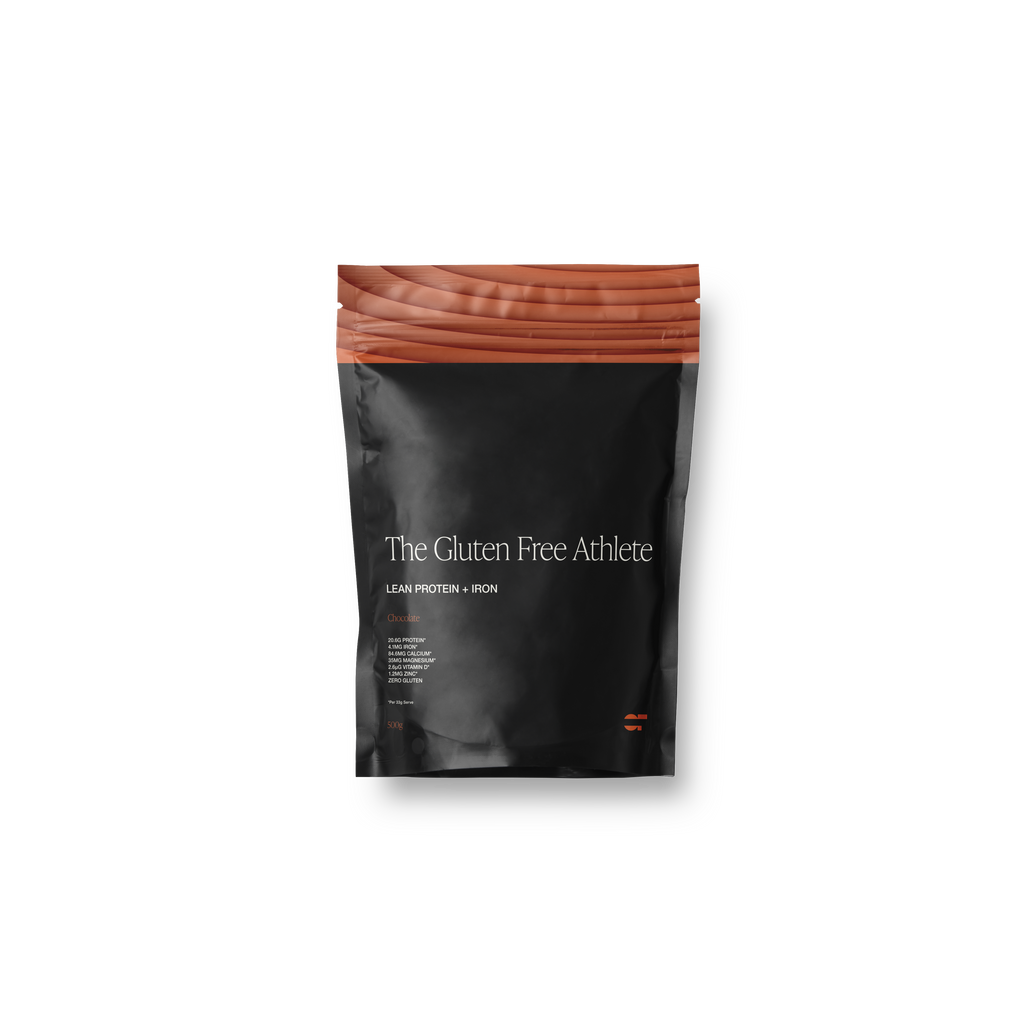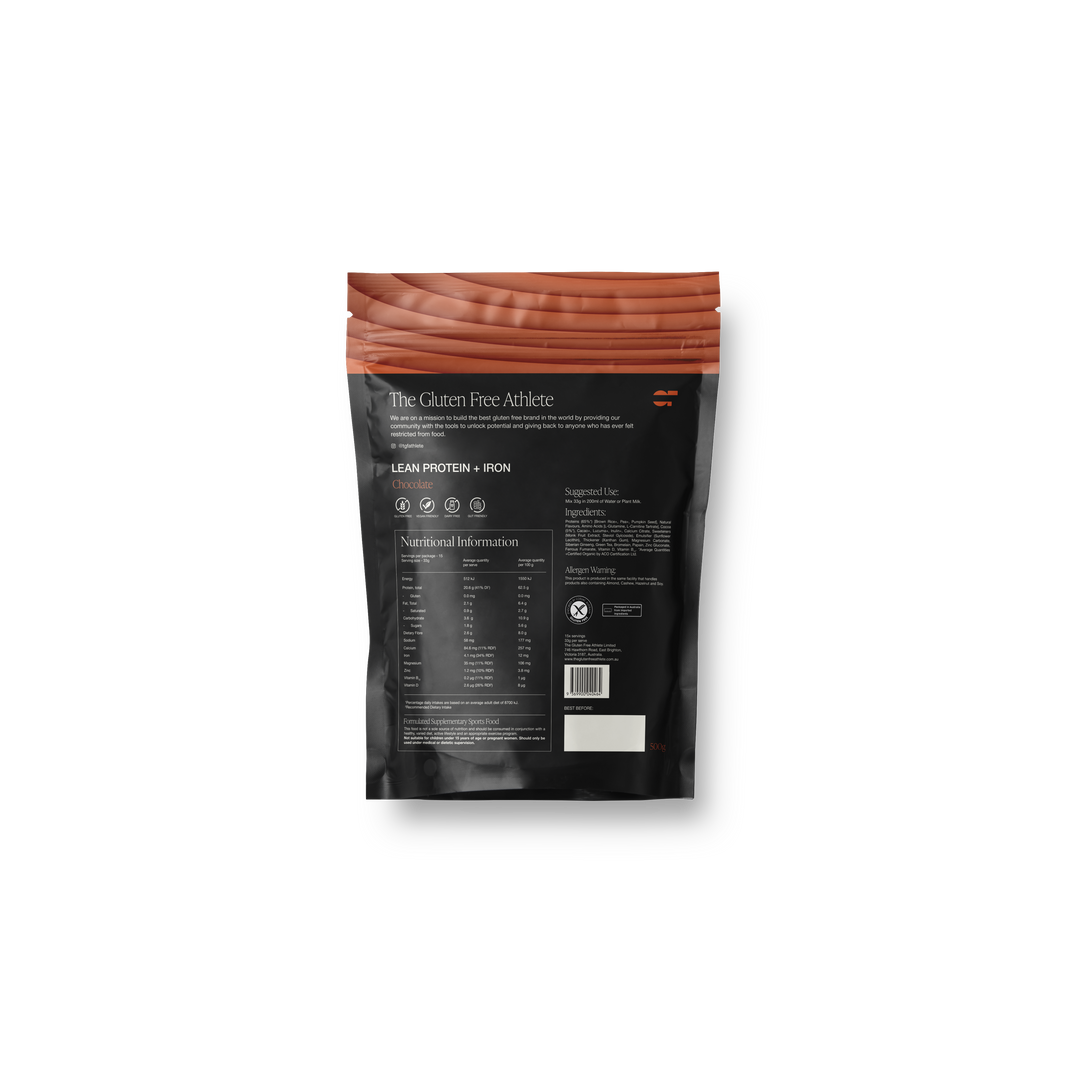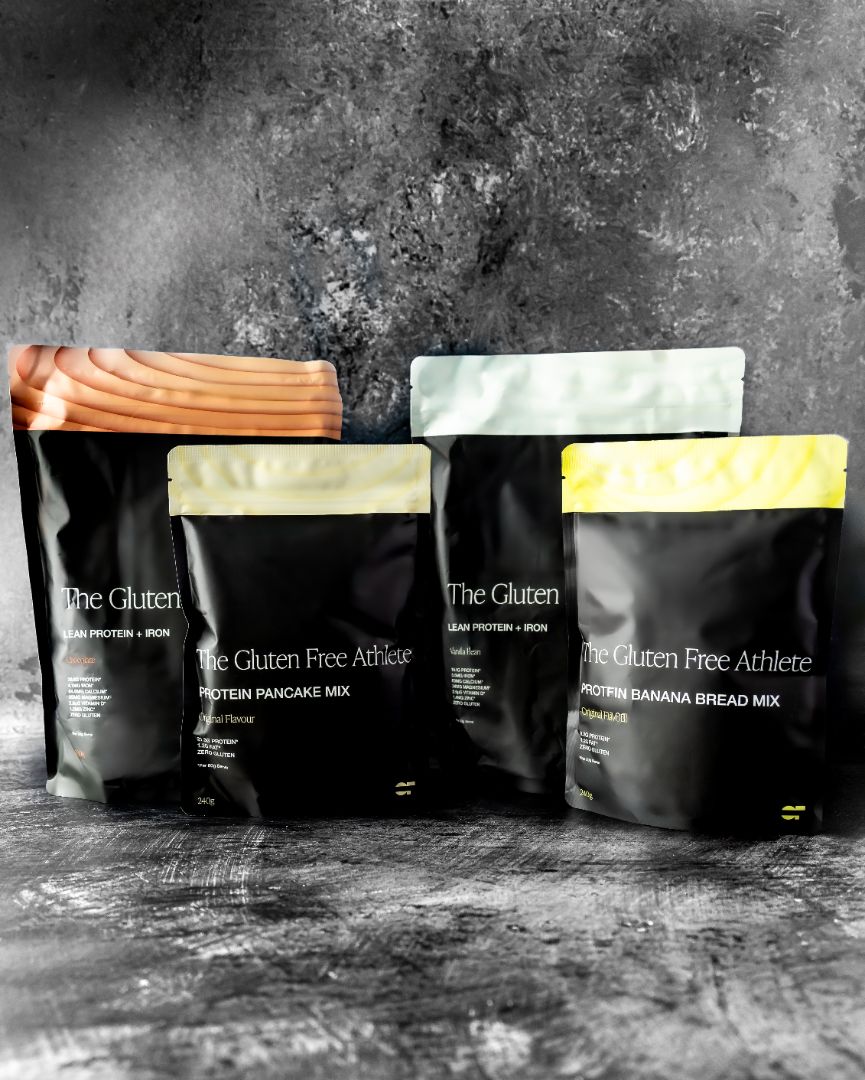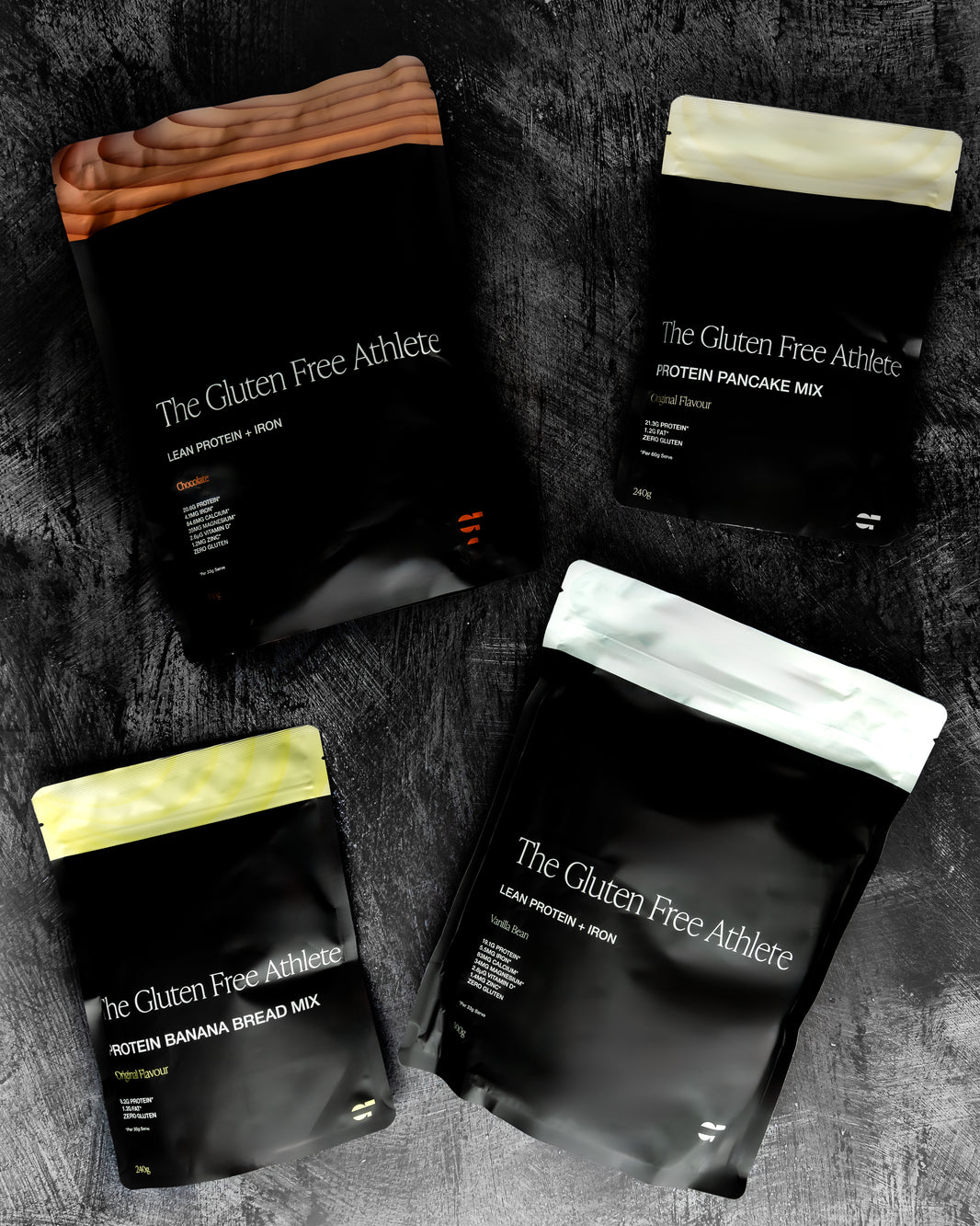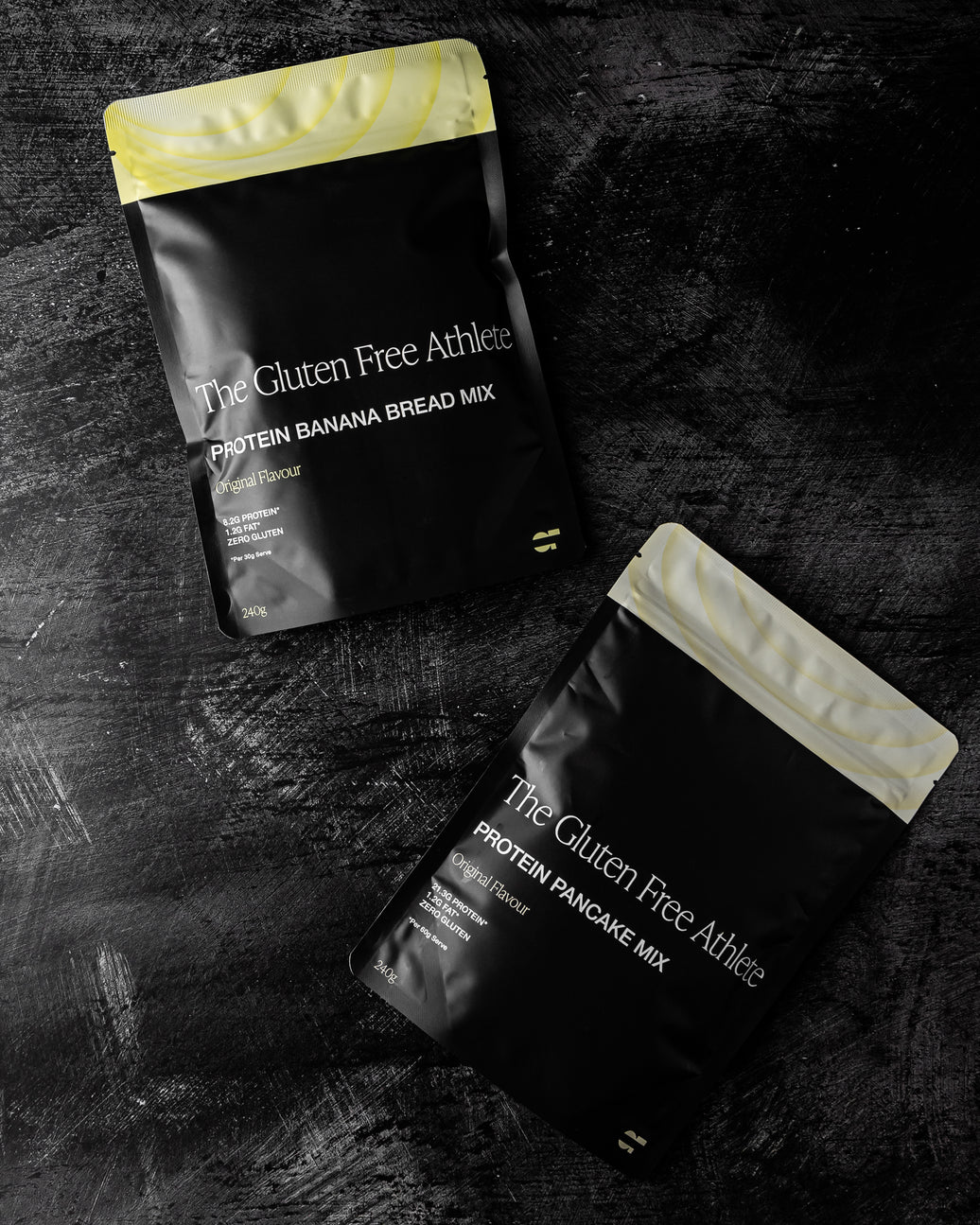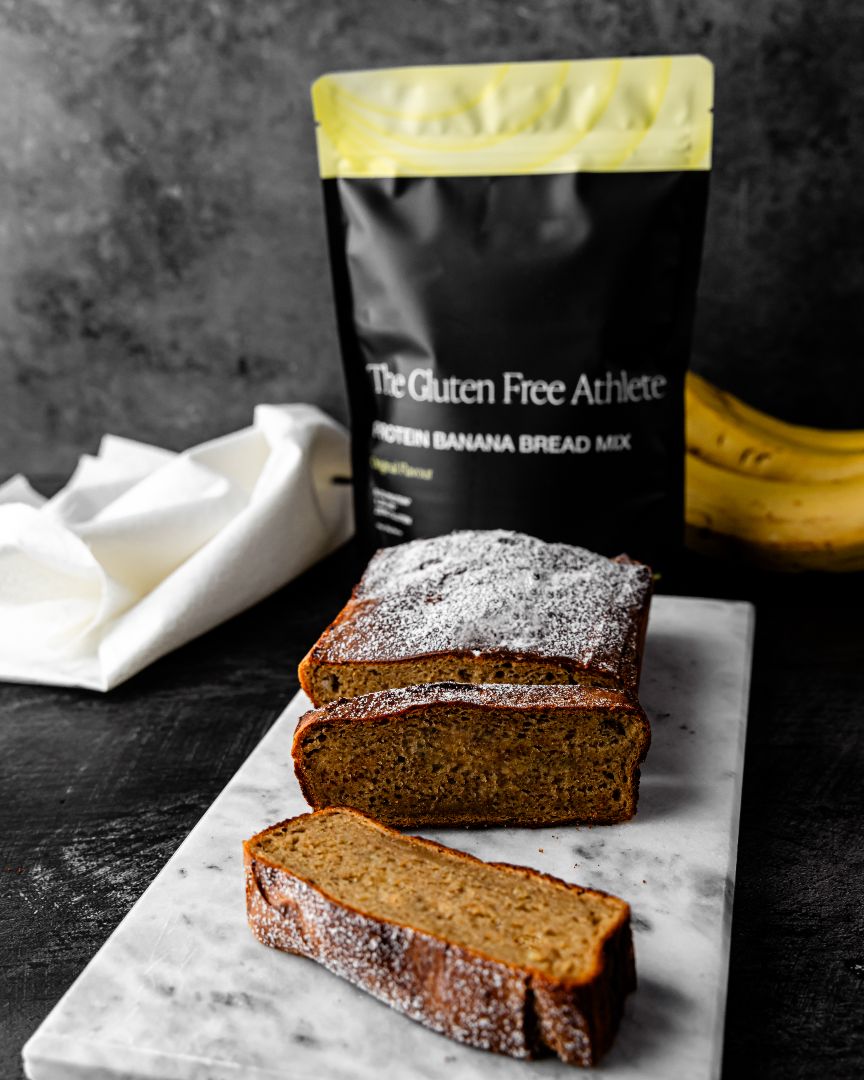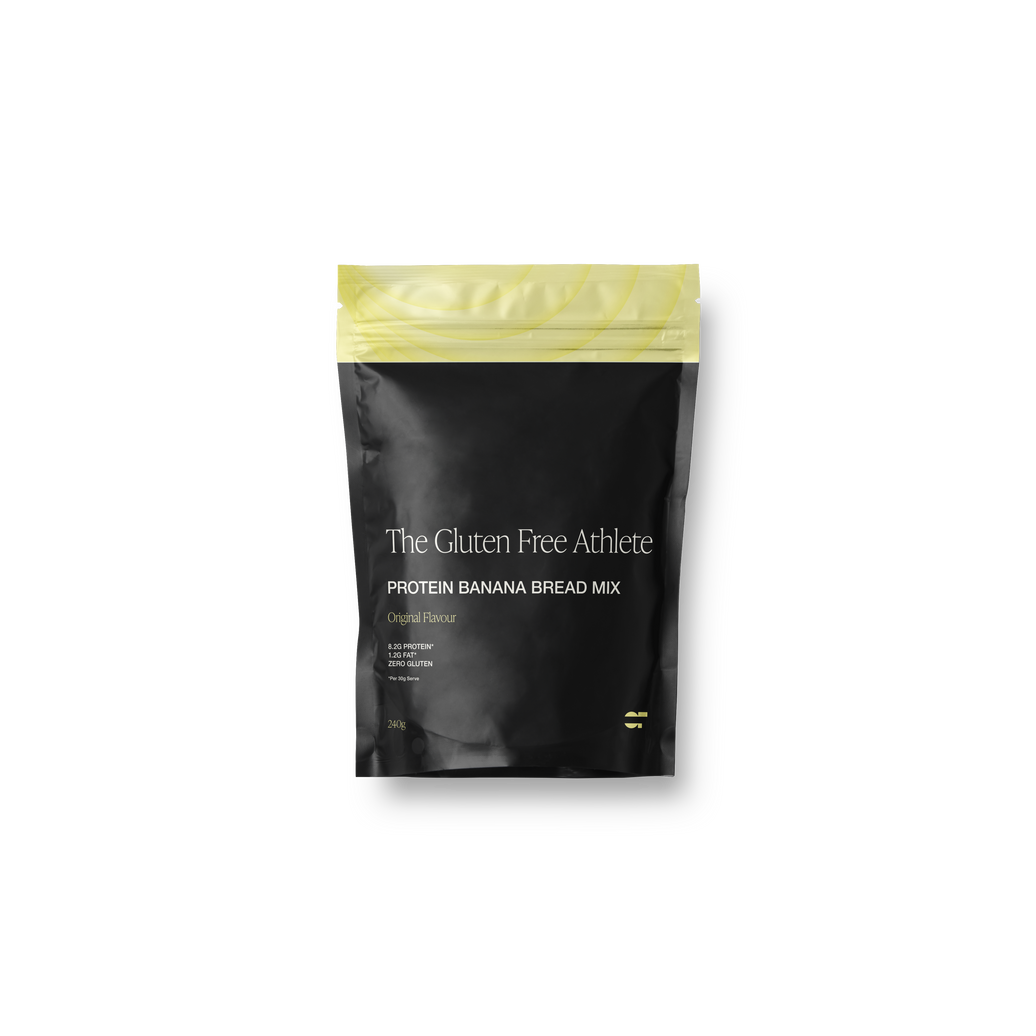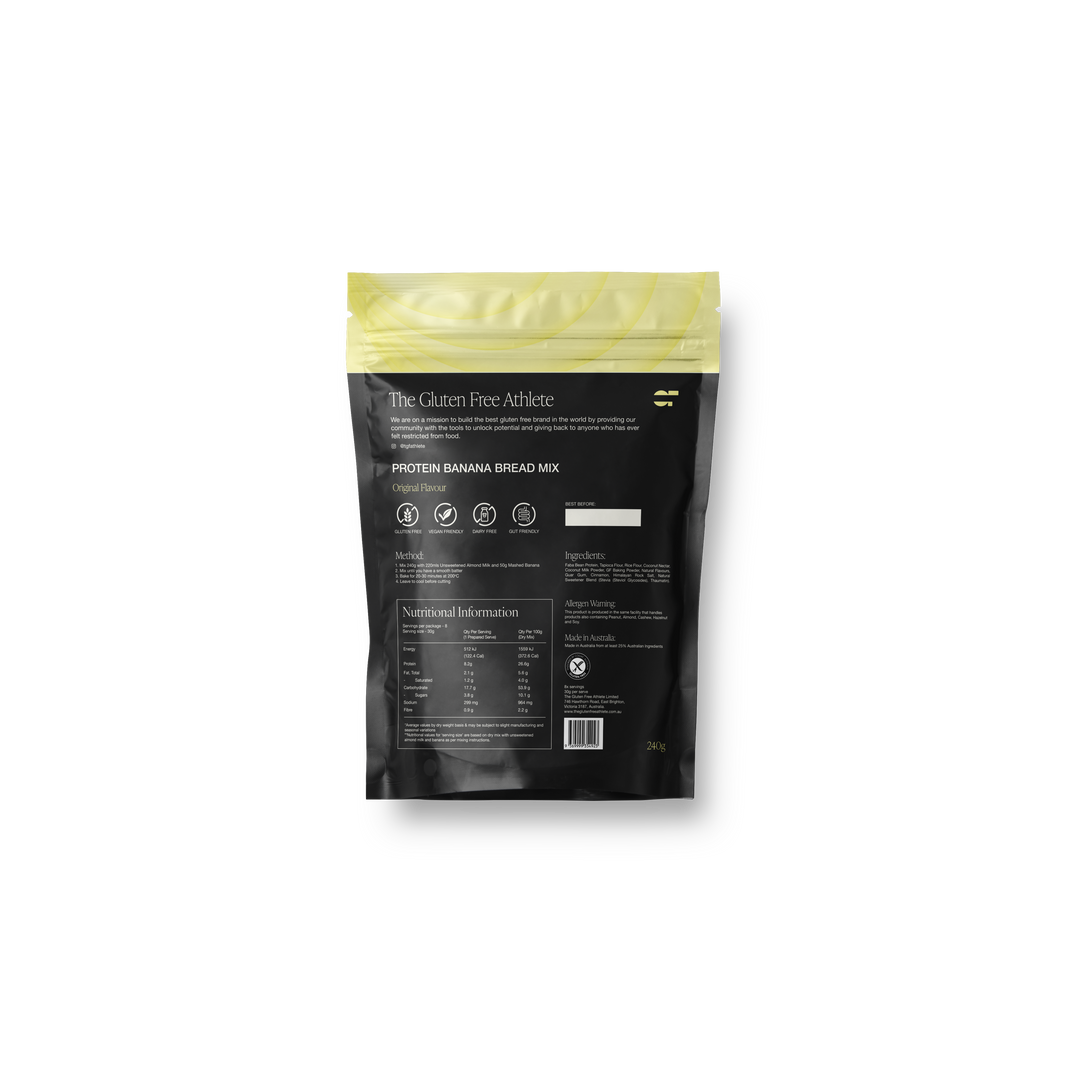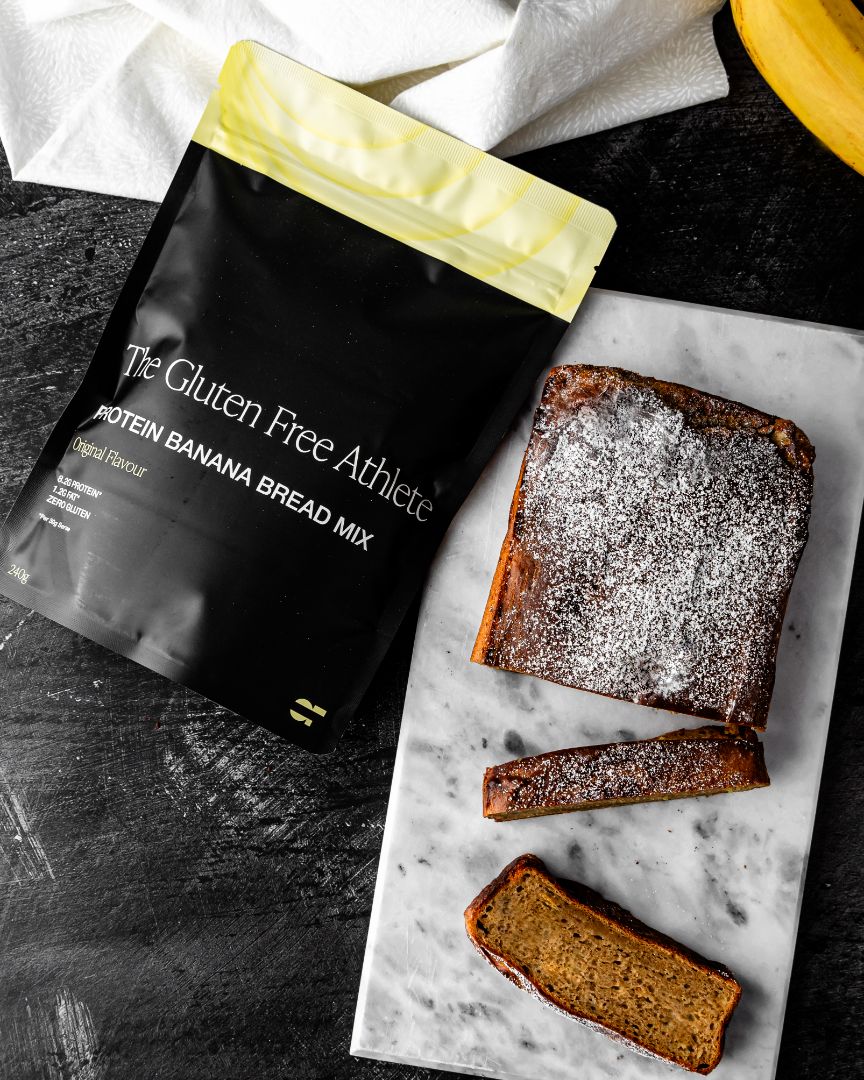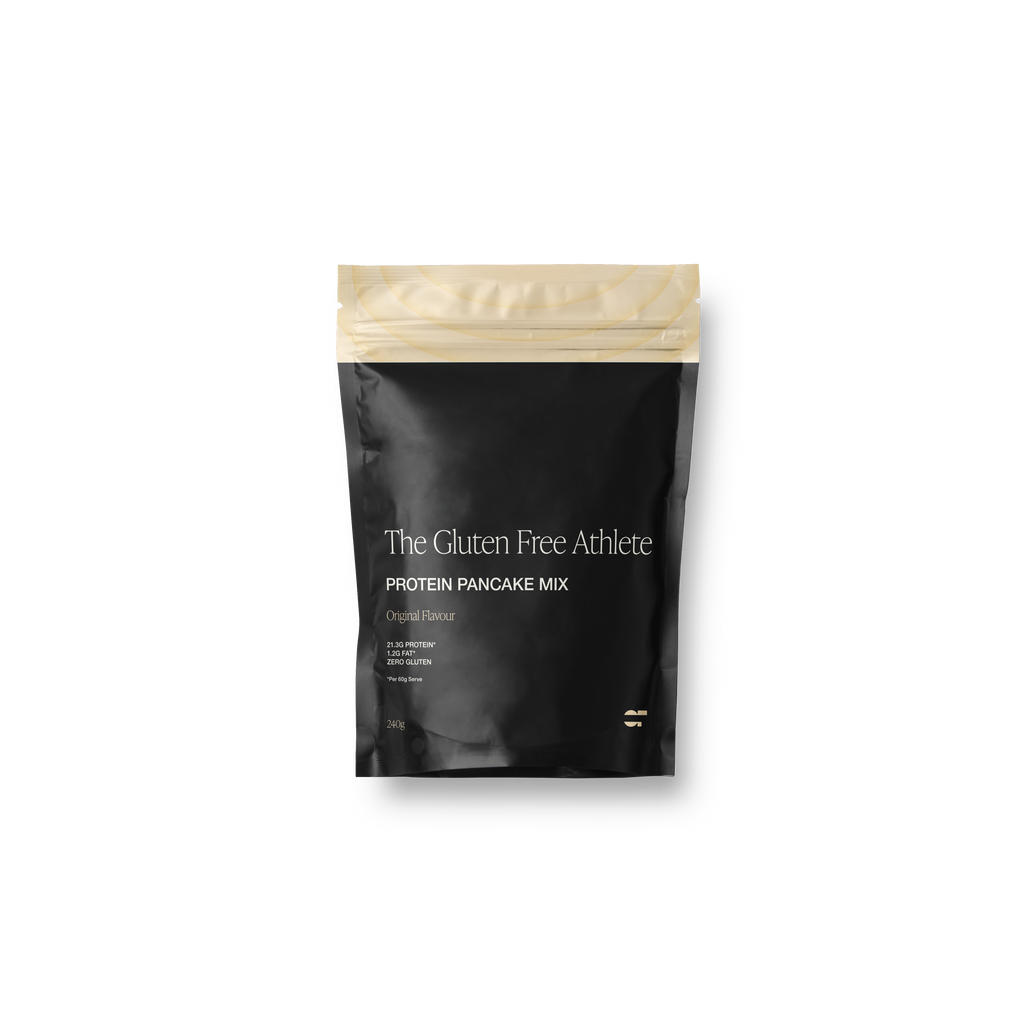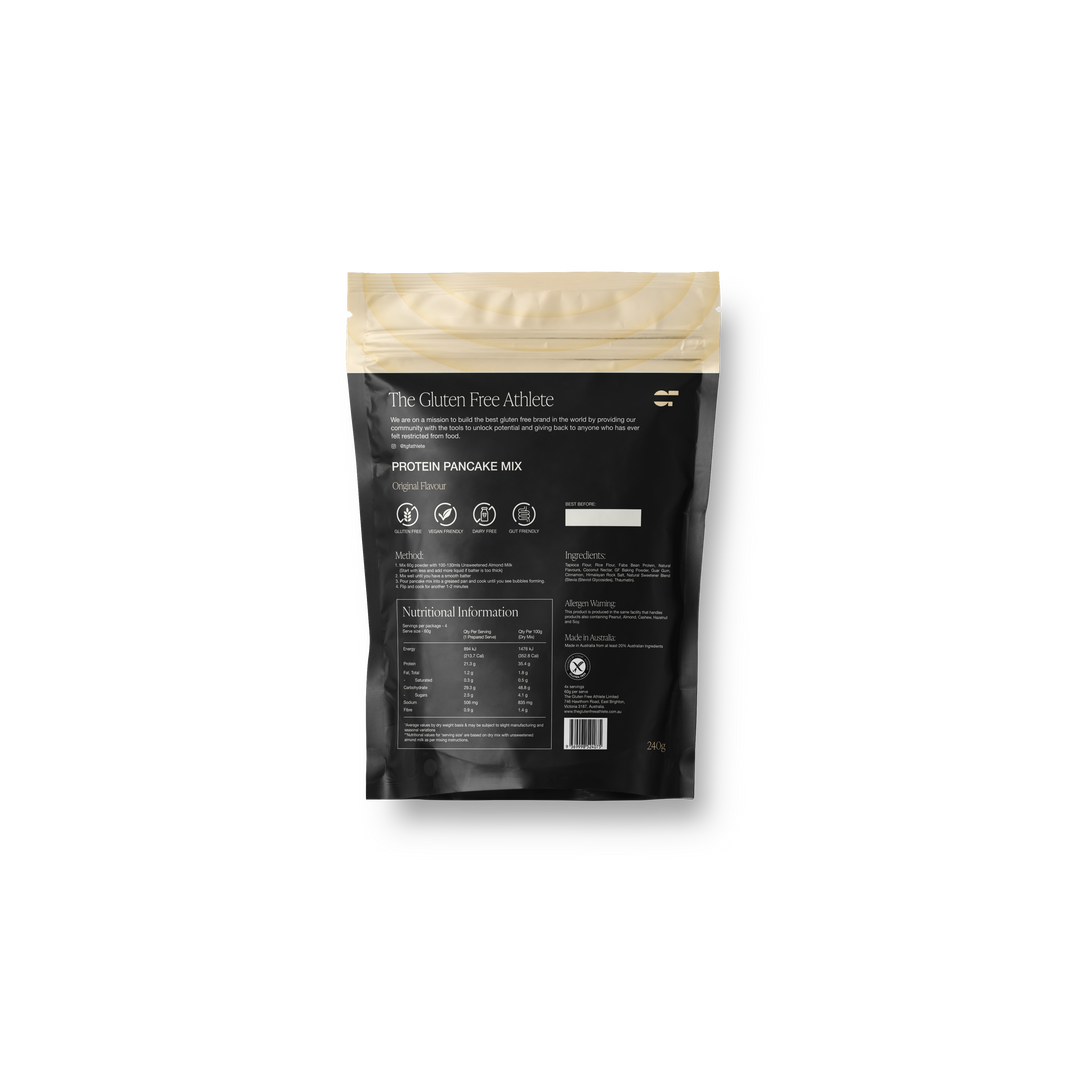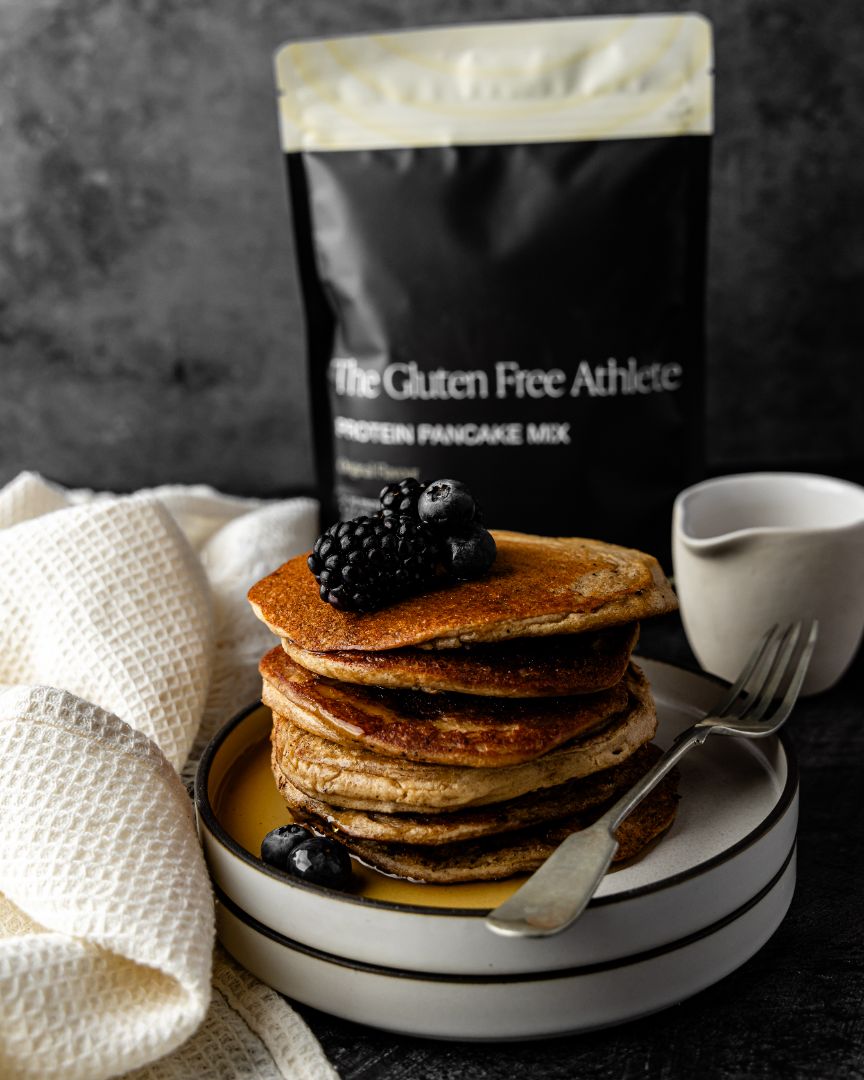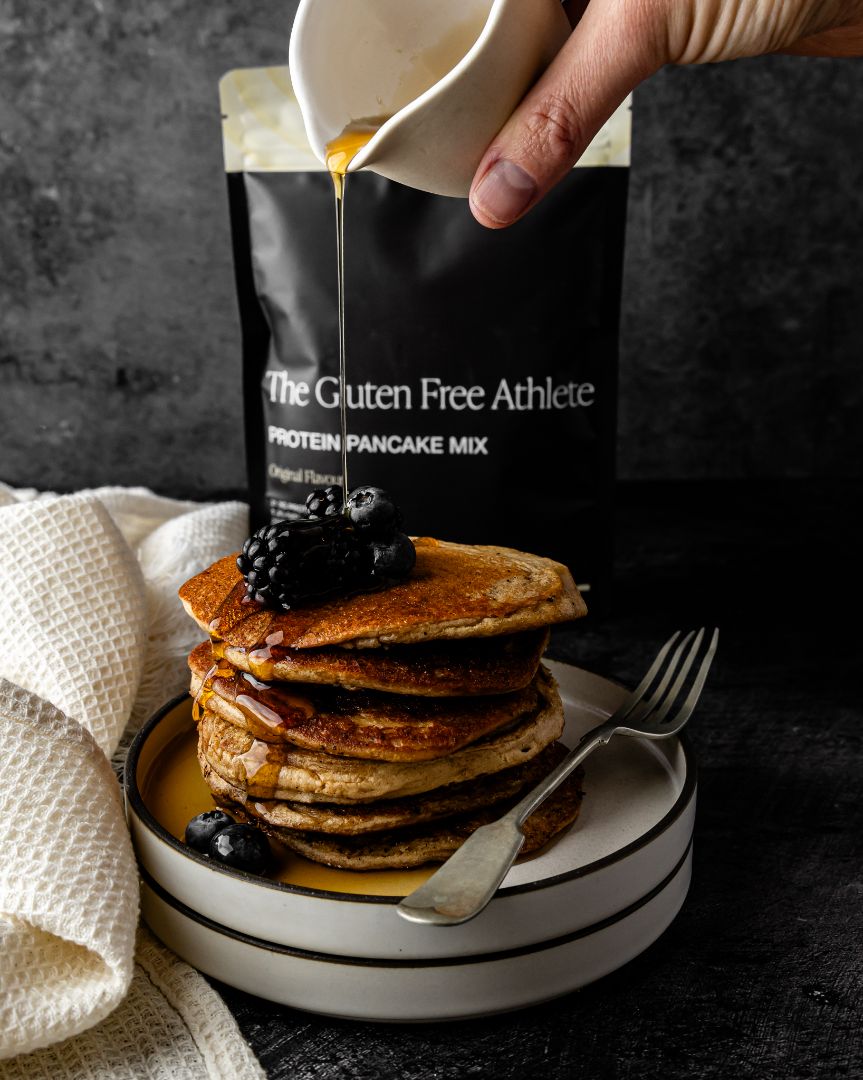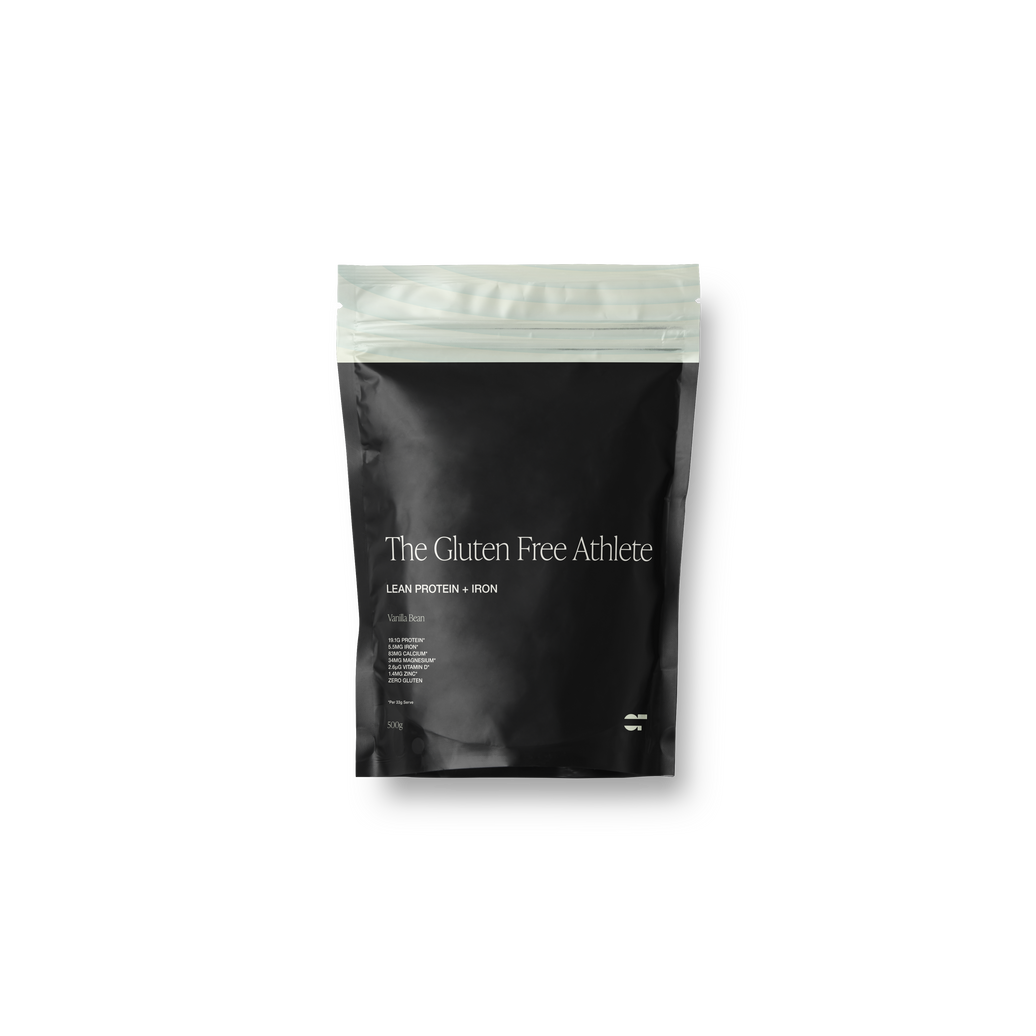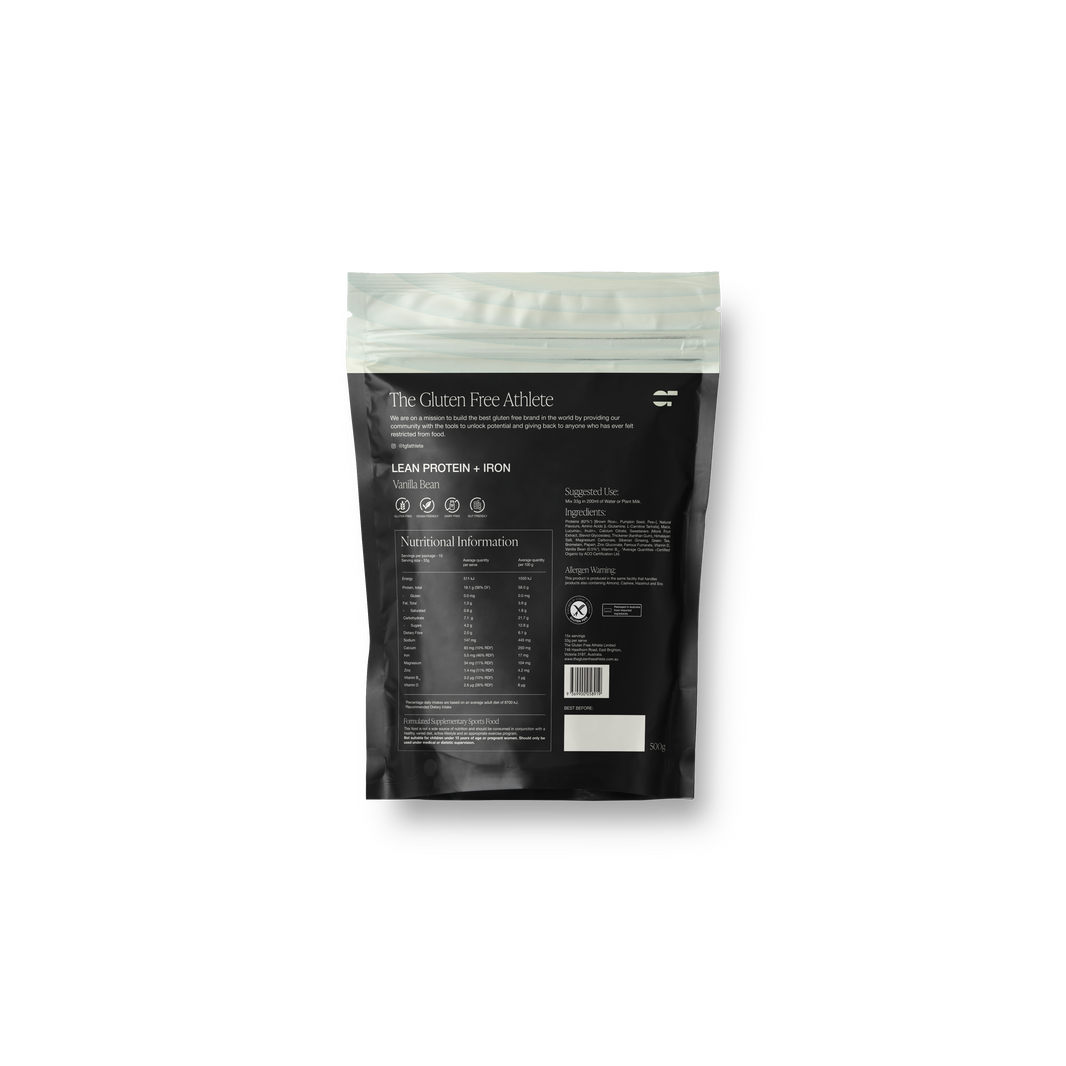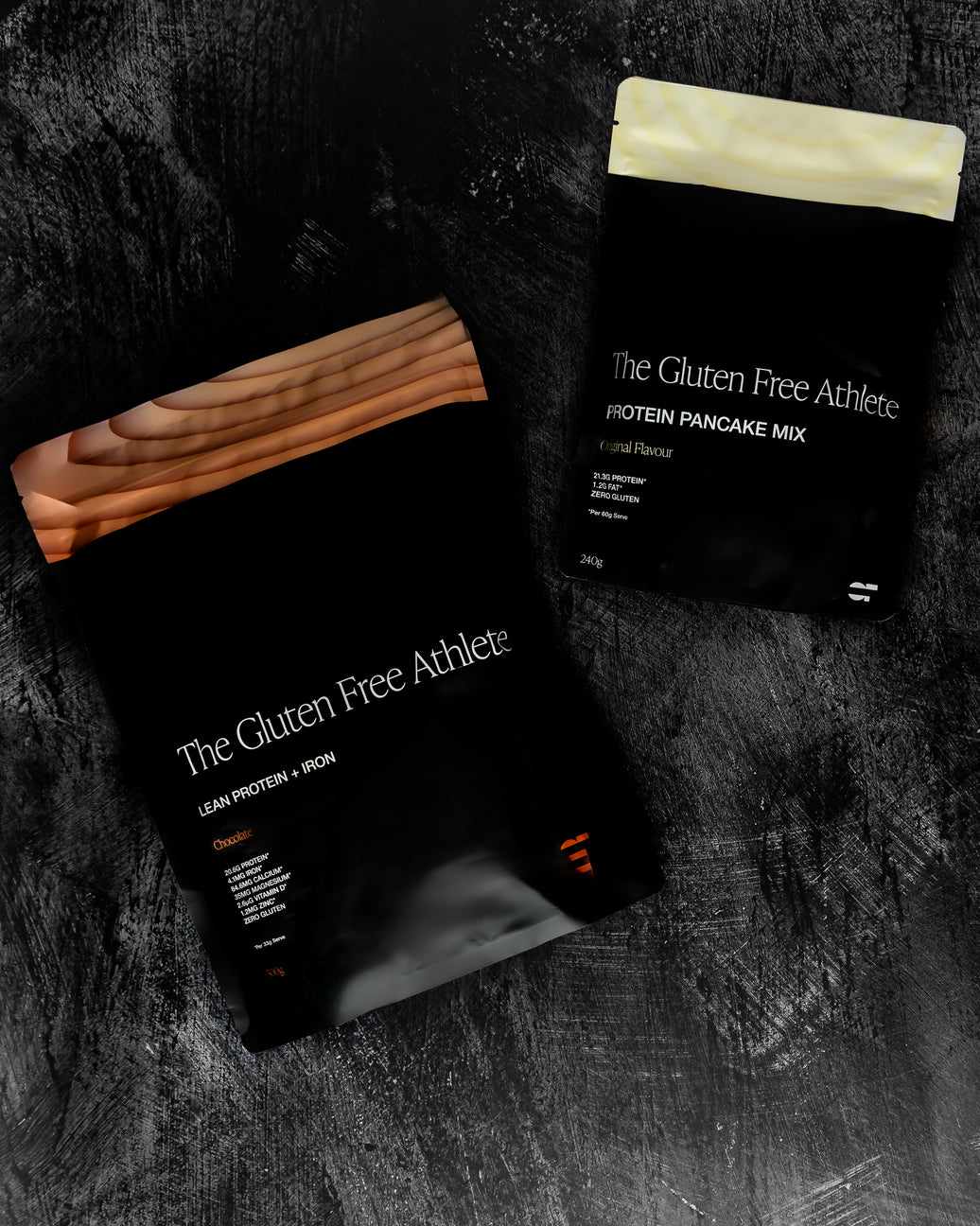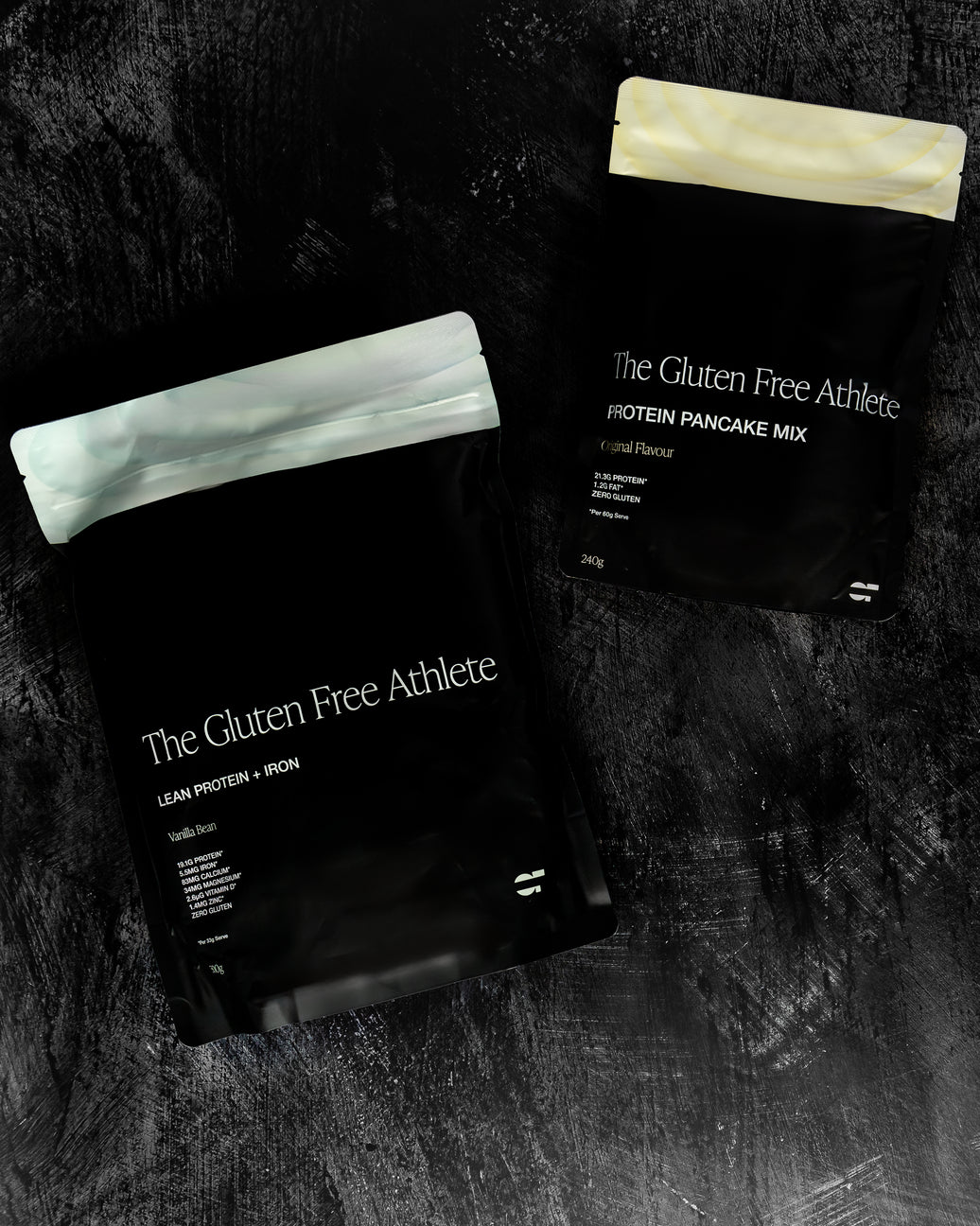Ben Brown is an Australian Rules Football (AFL) player known for his exceptional skills as a key forward. Since being drafted in 2013, Ben has established himself as one of the most dominant forwards in the league. Brown's career with North Melbourne spanned several years, during which he consistently ranked among the club's top goal-scorers, earning a reputation as a reliable and prolific goal-kicker. In 2020, he achieved a career-best season, finishing as the Kangaroos' leading goal kicker and earning an All-Australian selection. In 2021, Ben made a significant move, transferring to the Melbourne Demons. The move resulted in Ben becoming an AFL premiership player, with Melbourne defeating the Western Bulldogs in the 2021 AFL Grand Final. Ben’s journey in the AFL is a testament to his hard work, dedication, and athleticism. His ability to take strong marks and kick goals has made him a fan favourite. Whilst competing at the highest level, Ben was diagnosed with coeliac disease and had to manage the massive lifestyle change whilst being a professional athlete. We were extremely fortunate to chat with Ben about his story and experiences as he shares his advice for everyone living a physically active gluten free lifestyle.
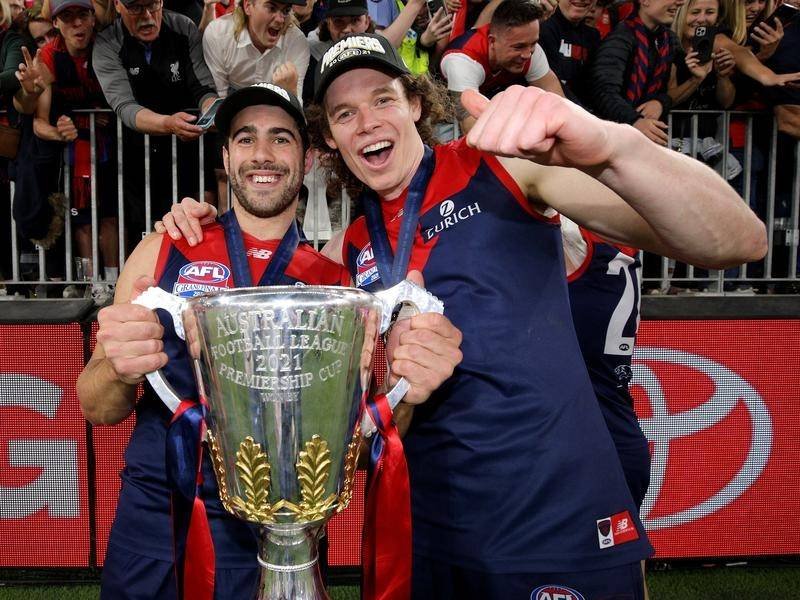
You're having an incredible career in the AFL, is there a particular highlight that stands out for you on your journey so far?
It’s hard to go past the 2021 Grand Final victory with Melbourne. That feeling after the final siren was one I’ll remember forever!
When were you diagnosed with coeliac disease?
It must have been 2015 or 2016. I was transitioning towards a vegan diet and as a result of that the footy club were keen to take some blood tests and other measurements to check in with how I was coping with that transition. A couple of abnormalities in my blood tests (low iron in particular) as well as some self-reported gut-related issues led them to send me for a gastroscopy, where CD was discovered.
Did you have much awareness about what coeliac disease was when you were told you had the condition?
A friend of ours had coeliac disease, so I had some awareness of it and my wife (girlfriend at the time!) Hester was probably moreso aware of what it meant. It was definitely a shock at first!
Have you noticed any specific challenges or benefits related to having coeliac disease within the AFL community? How has your experience been with team mates and coaches?
It’s been largely pretty well handled within my workplaces. We’re lucky in footy that we have great access to dieticians and doctors who can guide us through the process and ensure there are always options for gluten free options for meals etc. players and coaches are aware of my dietary requirements and are pretty accepting of them now, after many years of having worked with me.
How do you best navigate interstate travel whilst staying true to your gluten-free diet requirements?
This is probably the most difficult aspect of the job in terms of diet - our dietician at the Dees is fantastic in terms of planning ahead with my dietaries, but often the hotels won’t follow through on her plans or certain chefs or servers won’t understand the specific requirements when it comes to meal times. This is of particular concern when trying to navigate preparing to play at the highest level - a cross contamination or similar can certainly affect my performance if it comes at the wrong time, on a pre-game meal for example.
Have you ever felt any extra stress prior to games knowing the consequences if you accidentally consume gluten? If so, what have you done to manage this.
There can be extra stress associated with this, but I think for me I try as much as possible not to focus on stressors like these once I’m at the ground and preparing to play. Having a pre-game routine that I know well helps me to destress in these situations - once I’ve had an accidental consumption, there’s nothing I can do about it. I just have to get on with the job!

What advice would you give to a young athlete who has recently been diagnosed with coeliac disease?
Look far and wide for the best advice! If you’re able to see a dietician or have access to one, that can certainly be useful. But there are also plenty of other sources of information - many Facebook groups exist, some quite large communities of others with coeliac disease who can answer any questions you may have, and others for cooking and dining recommendations. Check these out!
What advice would you give to aspiring athletes with dietary restrictions looking to excel in their chosen sport?
There are absolutely barriers in place with eating a gluten free diet, but none of these are prohibitive to success in sport! If you go about preparing in the right way to train and play, and ask for help and advice when you need it, excelling in sport is very achievable! Don’t feel like you can’t succeed due to dietary restrictions. And don’t be afraid to ask for help from administrators, coaches etc. - I think you’ll find most will be receptive and ready to help you out as much as they can.
